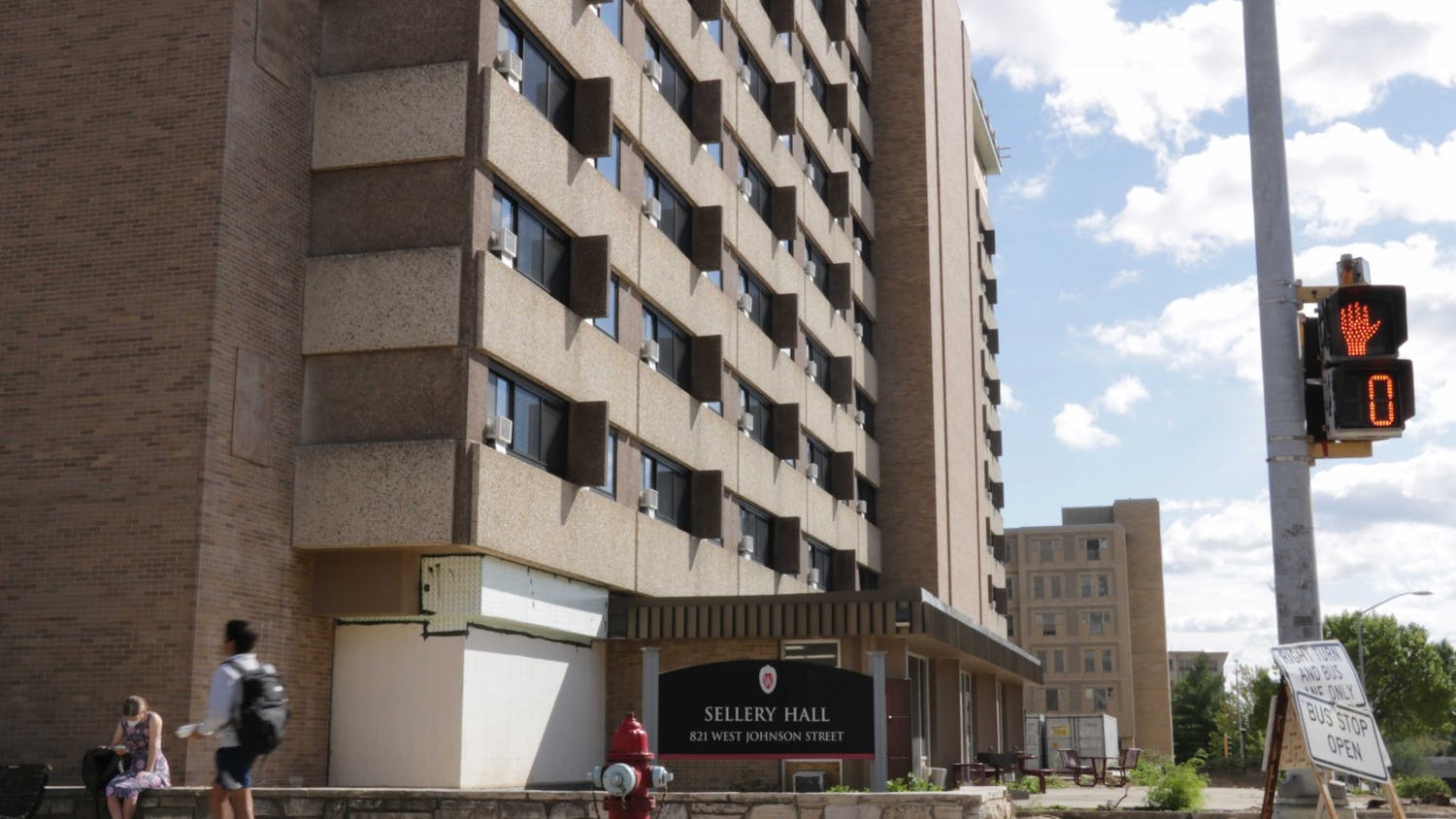The Madison Common Council plans to discuss budget proposals in upcoming meetings after approving a referendum to close a $22 million budget gap by raising property taxes higher than otherwise allowed under state law. Here’s everything you need to know about the city’s budget process.
How is the city budget structured?
The city has two budgets: the capital budget and operating budget, according to the 2025 Budget Outlook.The capital budget funds the city’s infrastructure, including roads, bike lanes and housing projects, while the operating budget pays for city employee salaries and other expenses related to day-to-day provision of services.
By law, the operating budget must be balanced, meaning the city cannot spend more money than what is coming in through taxes and other revenues, according to part 3 of the Information Series on the General & Library Fund Budget.
Where does the city's revenue come from, and where do the expenditures go?
Revenues are “money received from taxes and non-tax sources to pay for services,” according to the 2025 Budget Outlook. Most of Madison’s revenues come from property taxes.
Under Wisconsin state law, the city cannot raise income tax or a local sales tax.
As money comes into the city, the city pays for day-to-day operations and services. This includes police, fire, emergency medical services and public health.
What is the anticipated budget shortfall?
The Madison city budget is facing a projected $22 million deficit for 2025, according to city estimates released in July.
The city has faced a budget gap every year for 14 years. However, the budget gap for 2025 is larger than the city has seen in past years, Madison Finance Director David Schmiedicke previously told The Daily Cardinal.
The deficit is caused by the cost of services outpacing revenue, according to the 2025 Budget Outlook. State law “places strict limits” on how much money Madison can raise through property taxes and other revenues, preventing revenues from keeping pace with inflation and rising costs.
The state imposes a limit on how high municipalities can raise their property tax rates in a given year. If a municipality wants to raise taxes higher than the limit allows, it must get approval from voters via a referendum.
How does the city plan to address the deficit?
At a March 5 Madison Common Council meeting, alders, financial advisors and community members proposed ideas about how to reduce the gap.
Madison can make adjustments on both the revenues and expenditures side. Revenue adjustments could include new special charges on certain city services or increasing the property taxes through a voter referendum.
Adjustments on the expenditures side would involve rolling back new programs or cutting positions, salaries, services and benefits. Alders raised concerns about cutting staff or decreasing pay due to the city’s staff not growing in proportion to the city’s rapid population growth.
In August, the Common Council approved a resolution 17-2 introducing a referendum to raise property taxes on the Nov. 5 ballot in the hopes of closing its budget gap. If the referendum passes, the average Madison homeowner will pay around $240 more in property taxes per year.
If the referendum fails, the city estimated it will need to make $6 million in budget cuts.
Schmiedicke and staff from Madison Mayor Satya Rhodes-Conway’s office will hold a virtual meeting Sept. 11 from 5:30 p.m. to 7 p.m. where they will answer residents’ questions about the 2025 budget and the referendum.
Marin Rosen is the city news editor for The Daily Cardinal and a second-year journalism student. Throughout her time at the Cardinal, she's written articles for city and state news. She is an intern at Channel 3000 News and runs the Badger Beat on Instagram and TikTok. Follow her on Twitter at @marin_rosen






